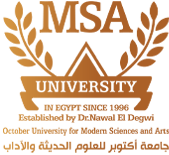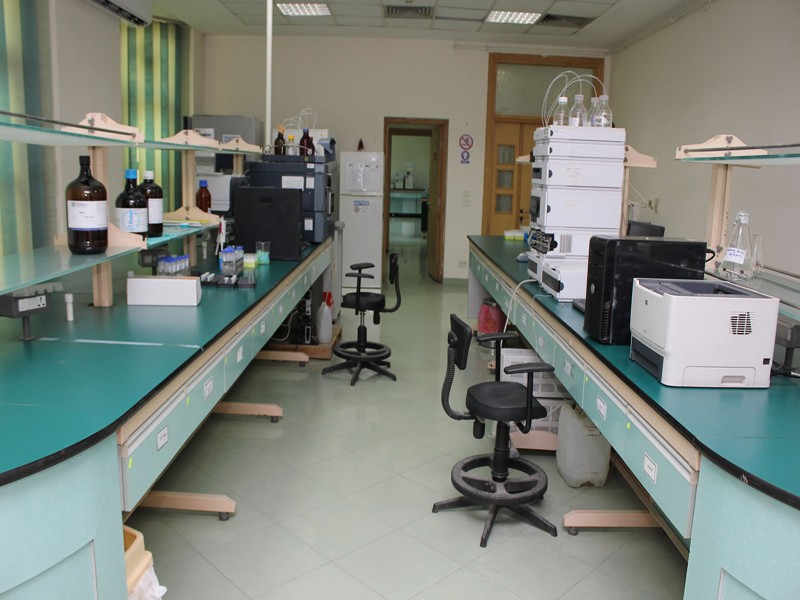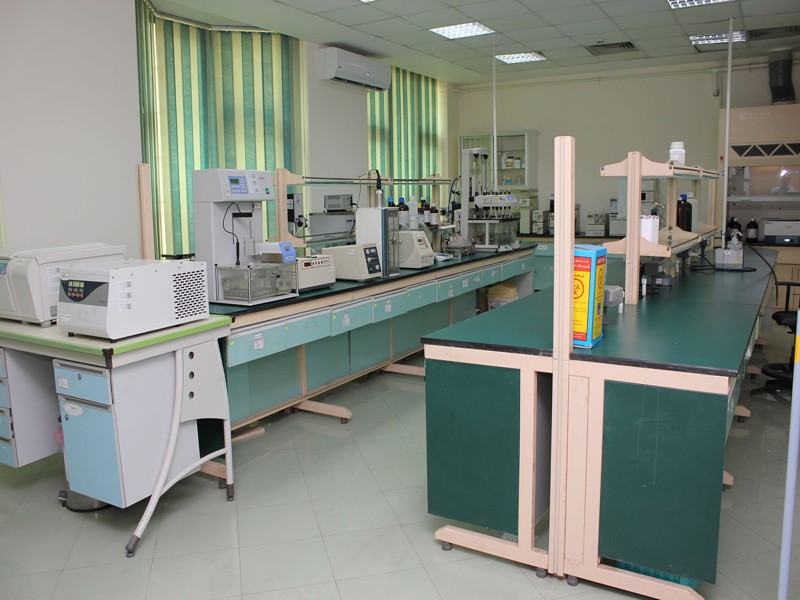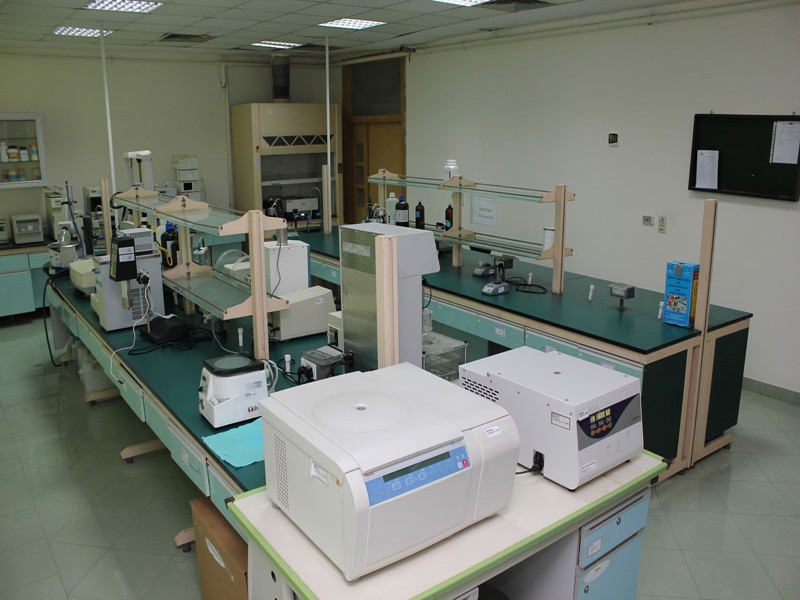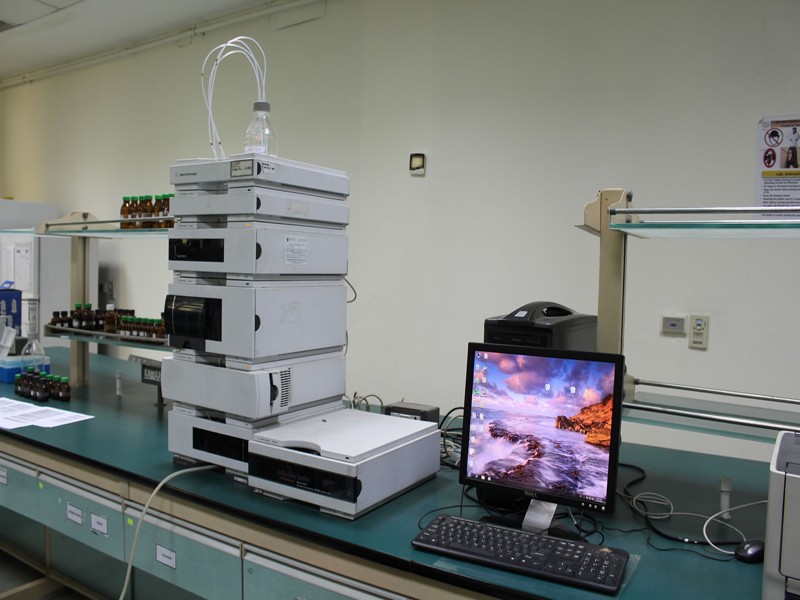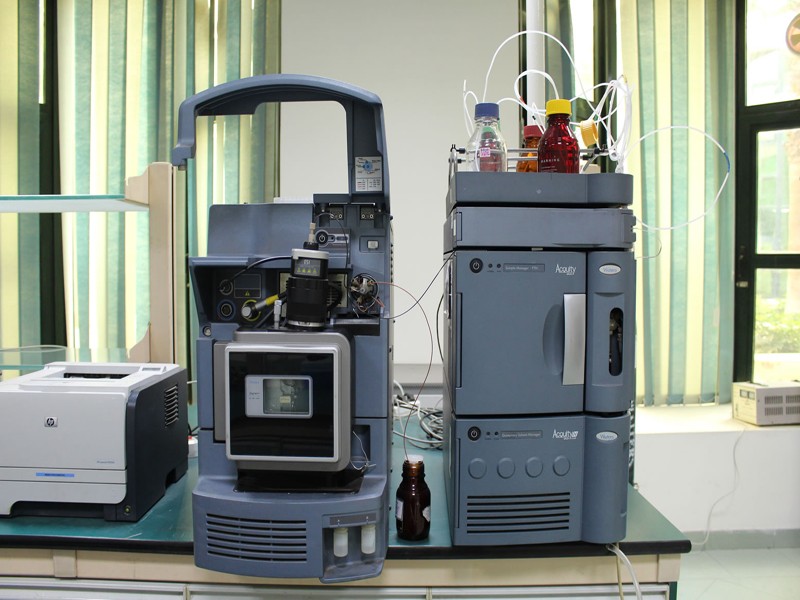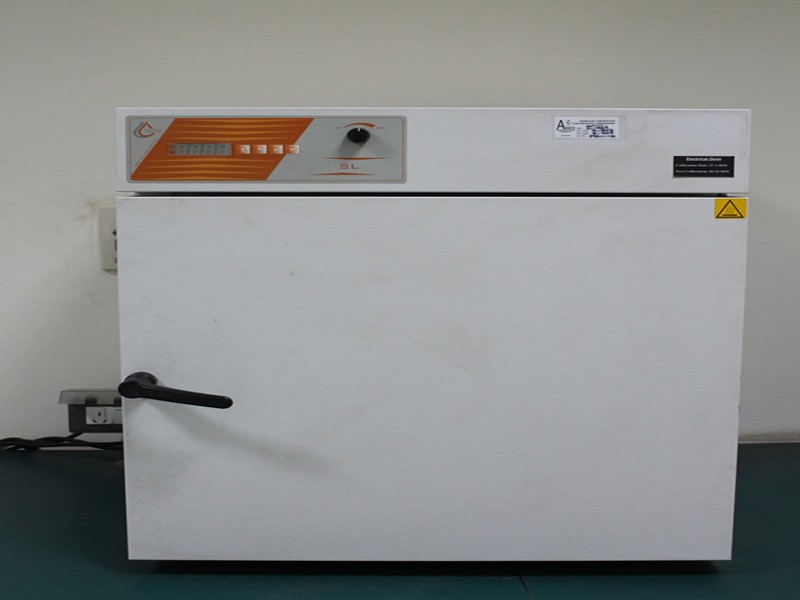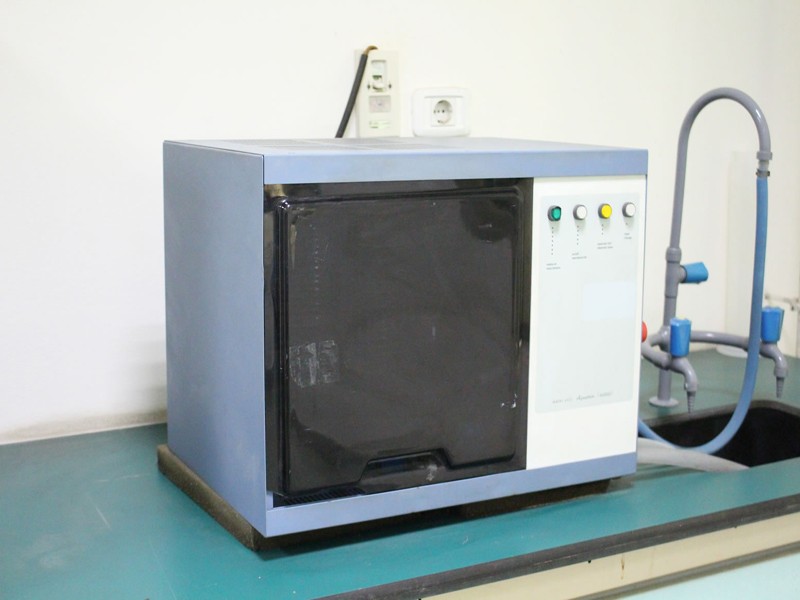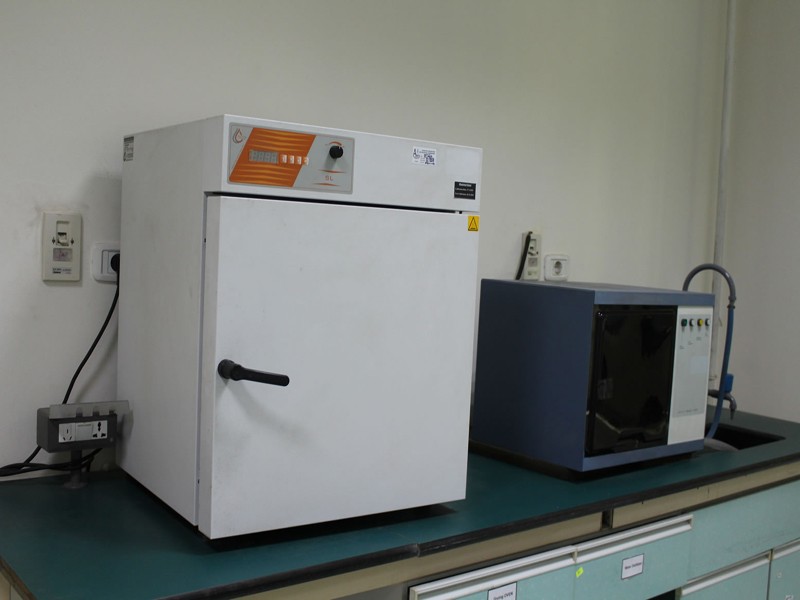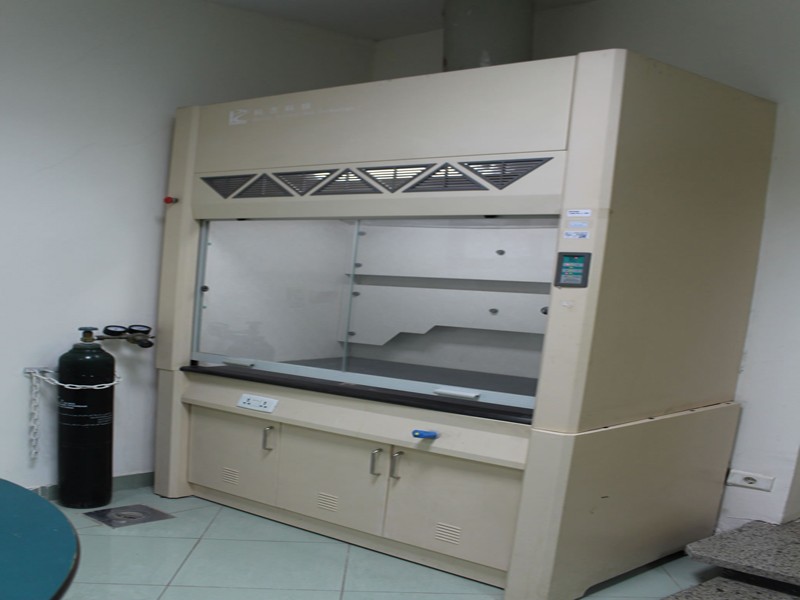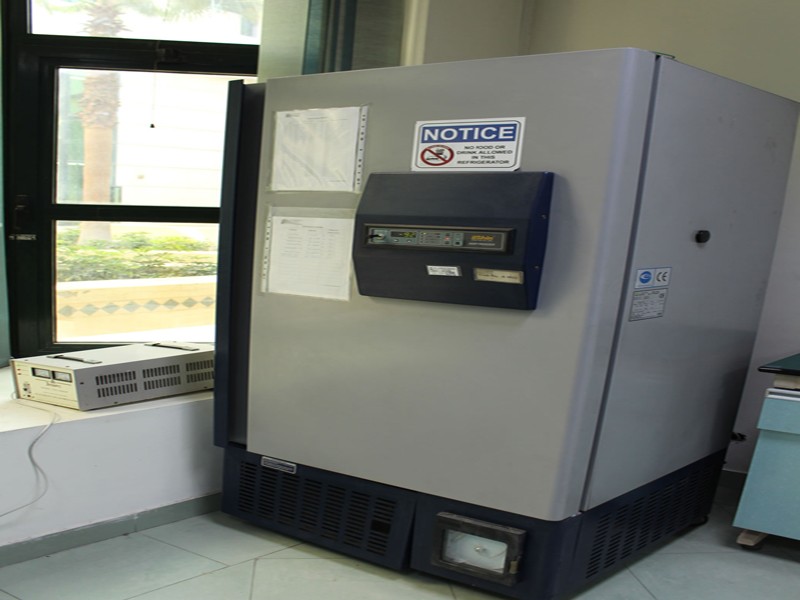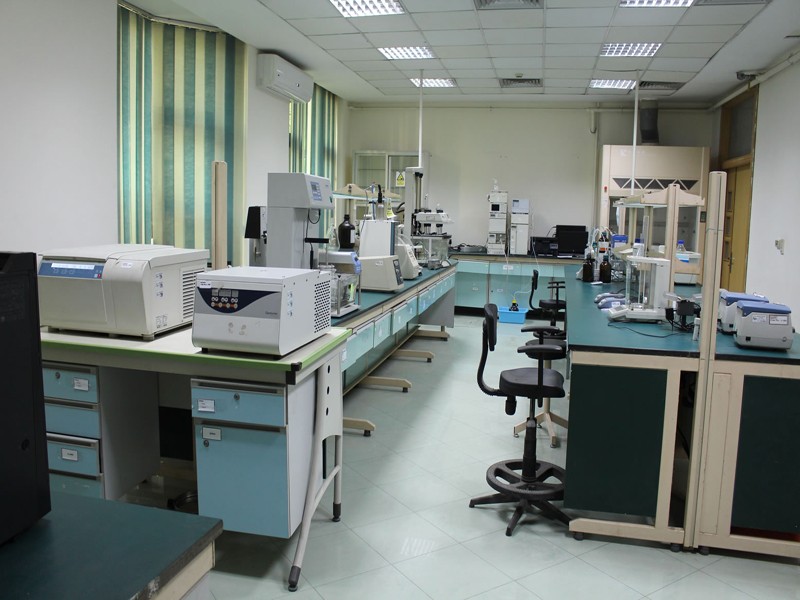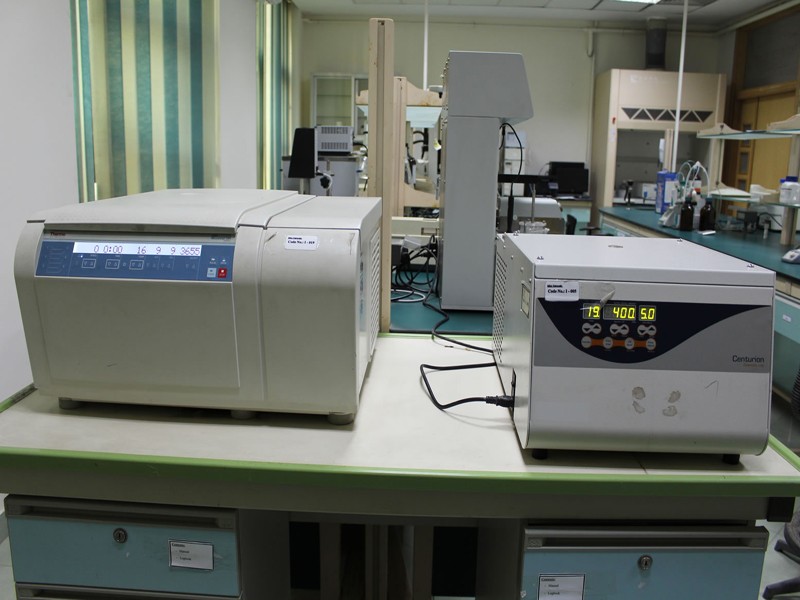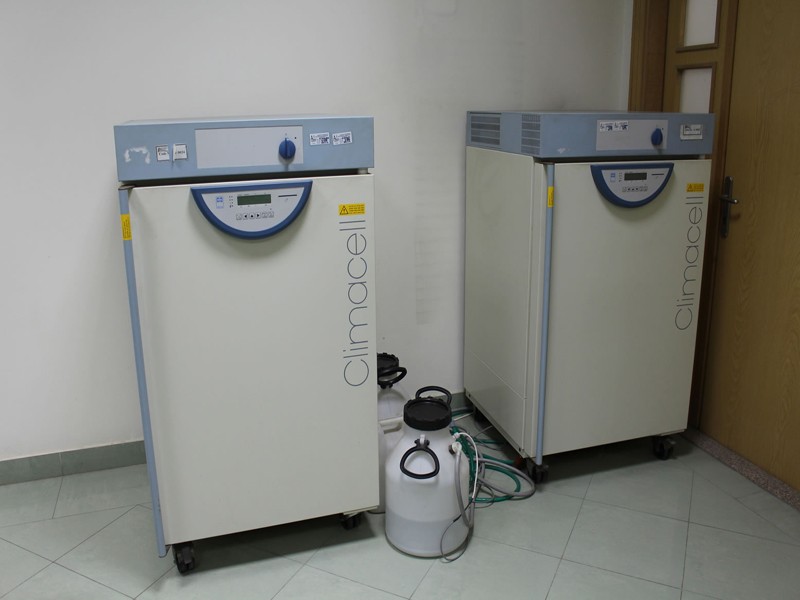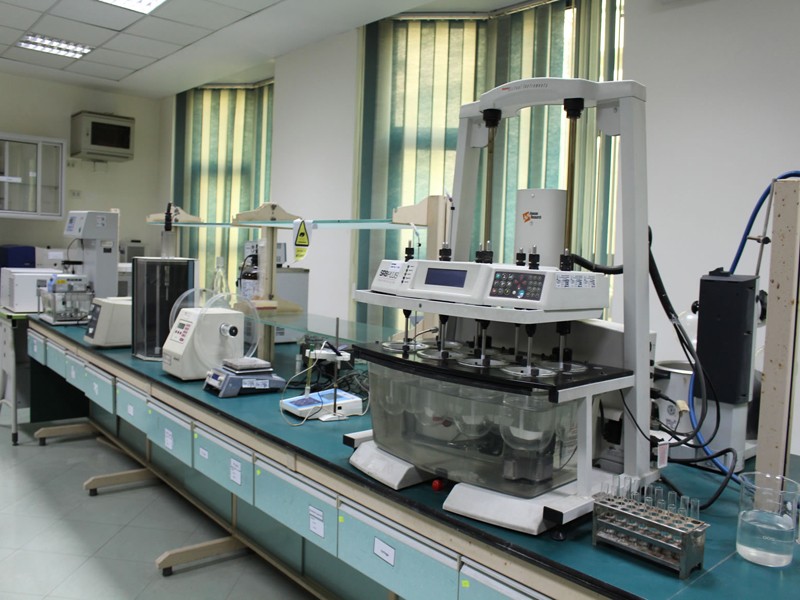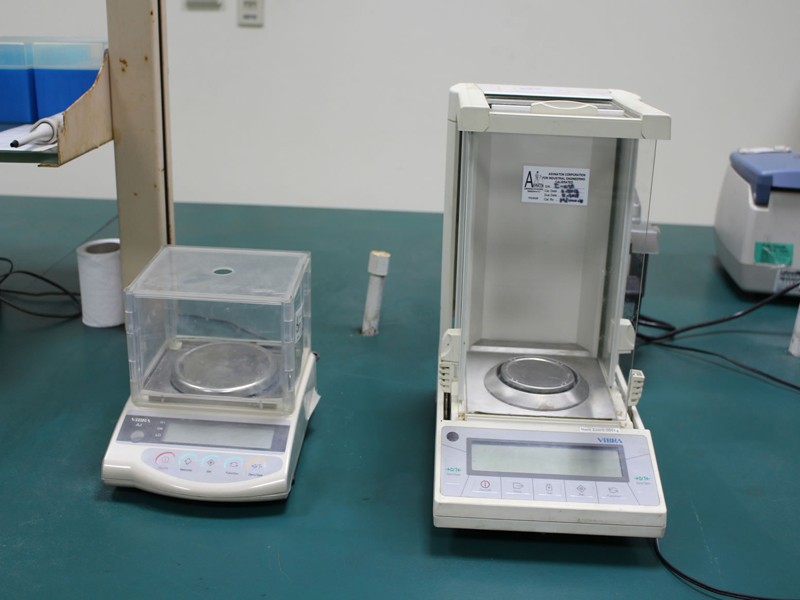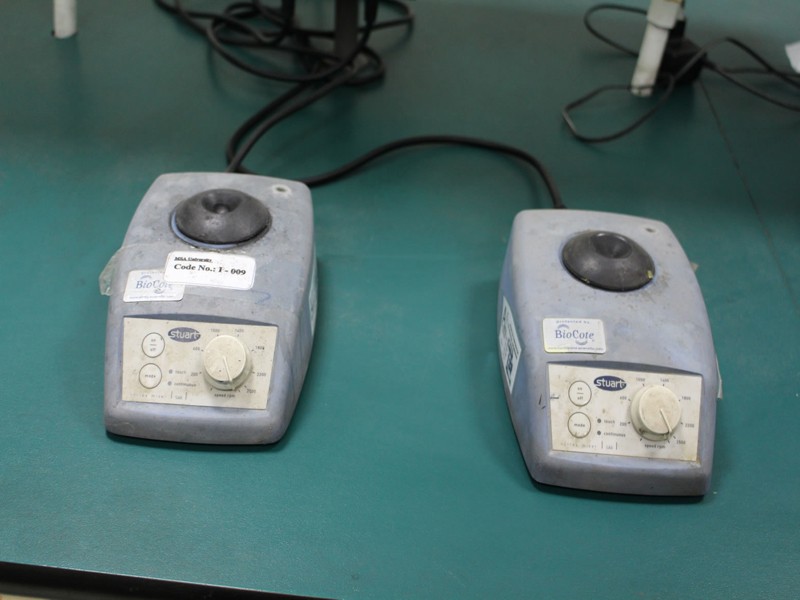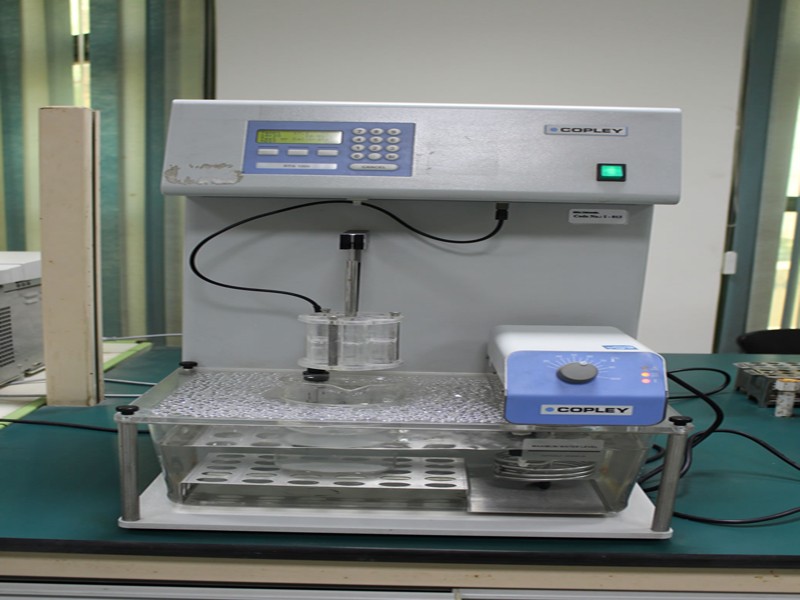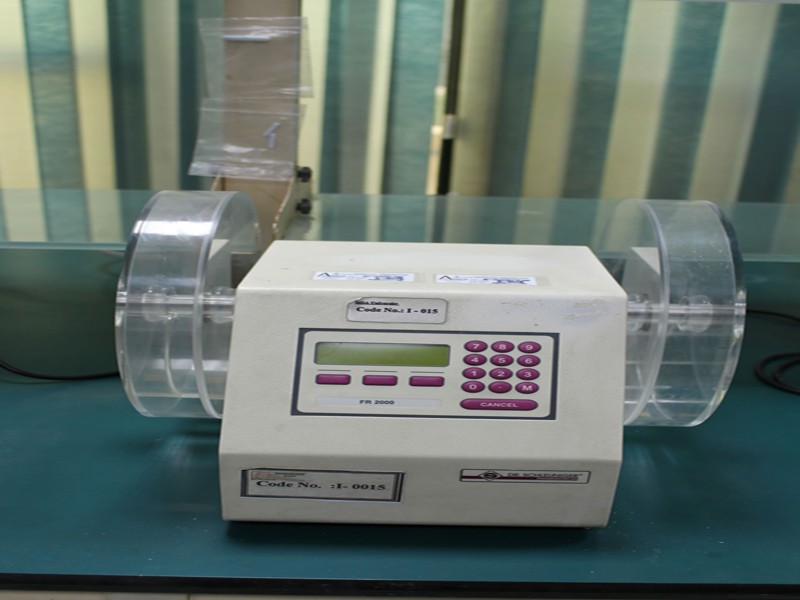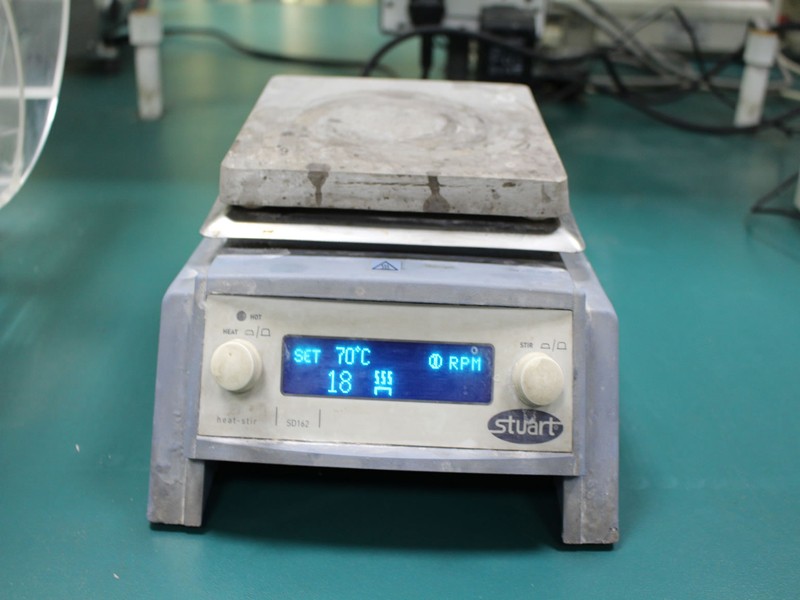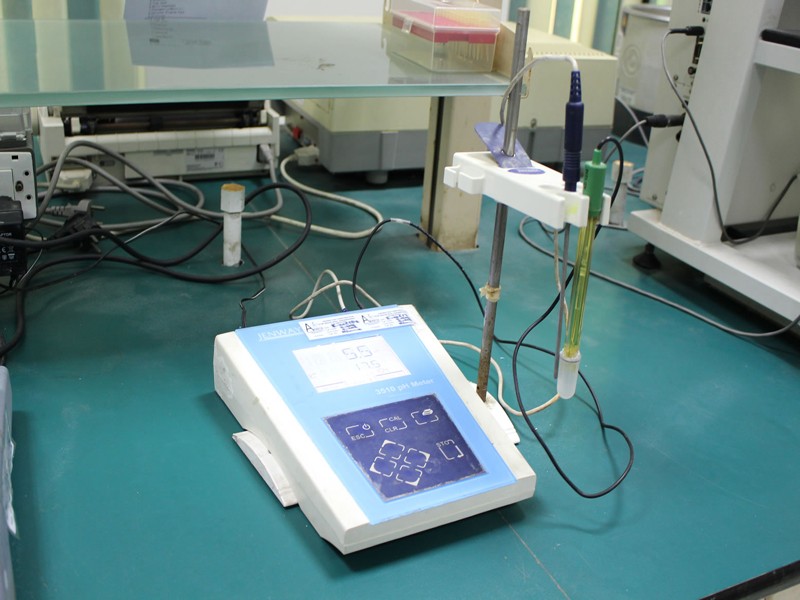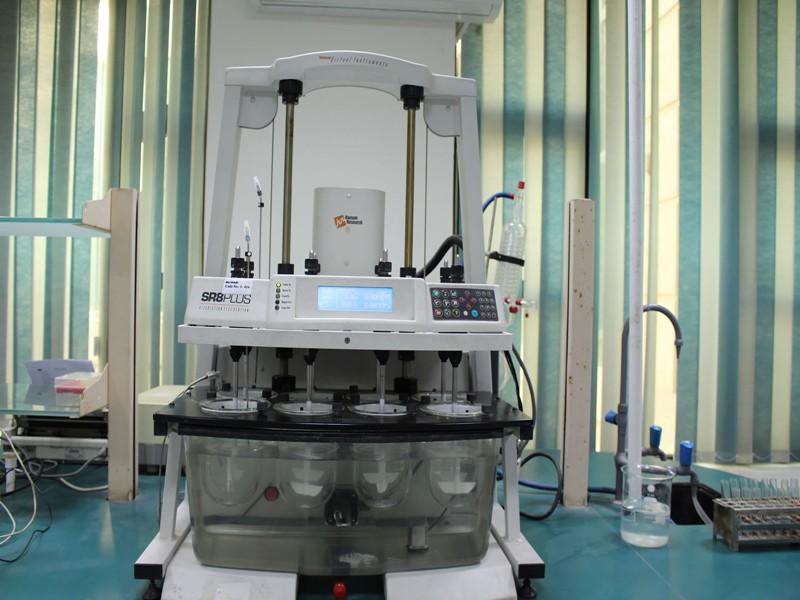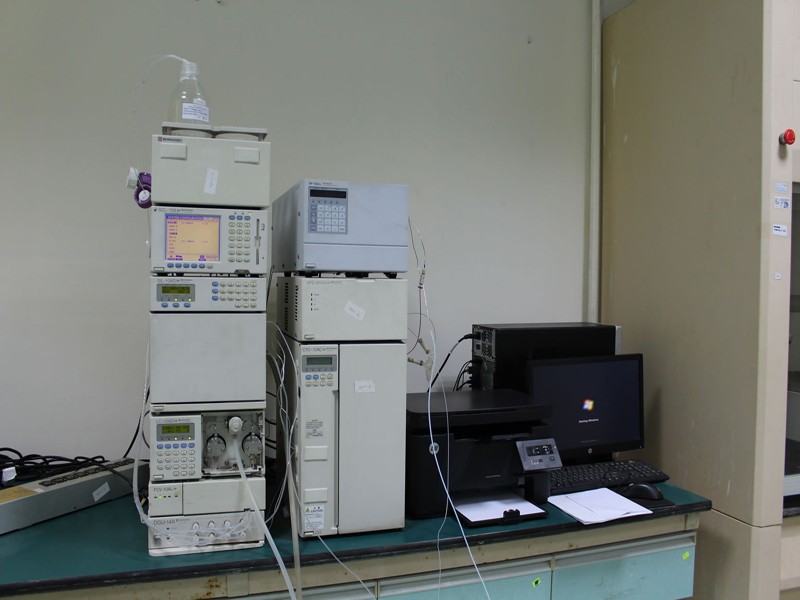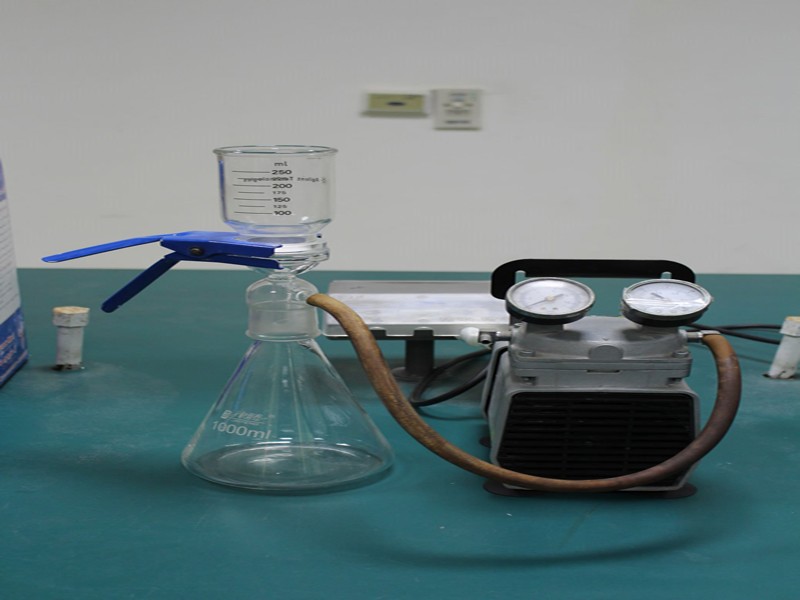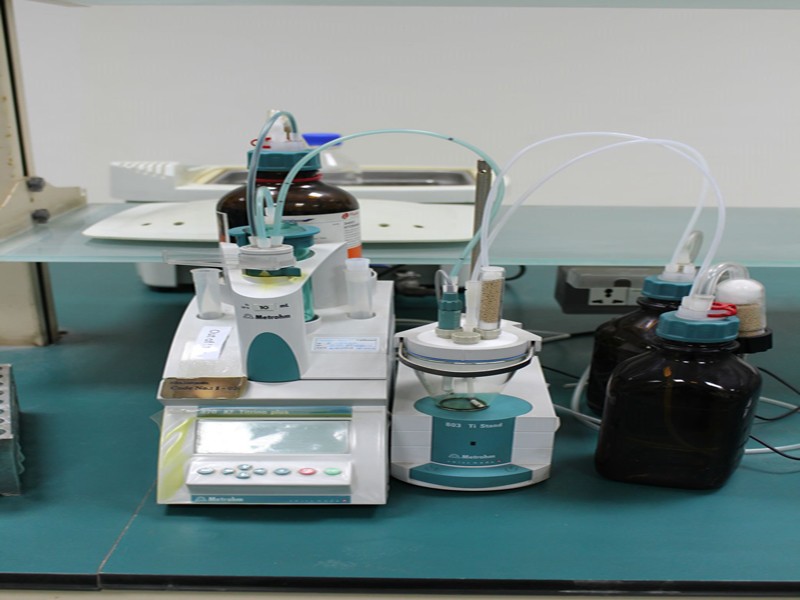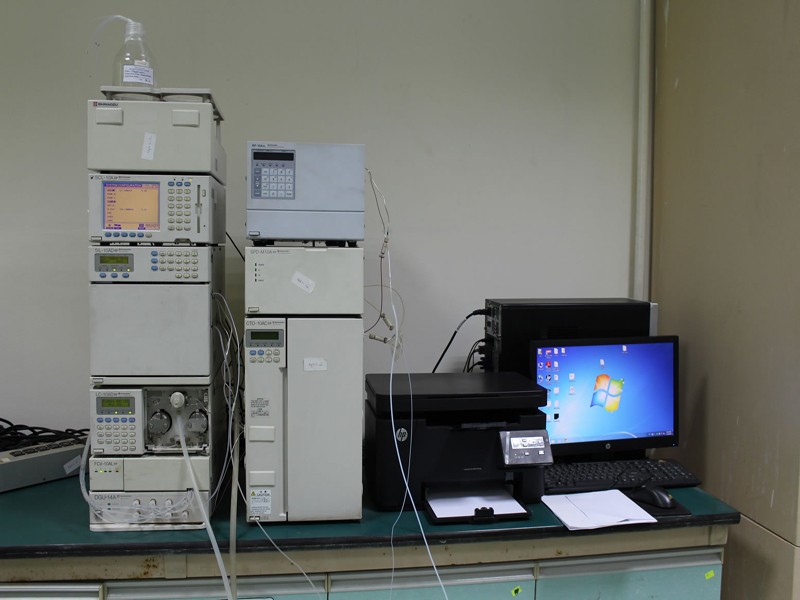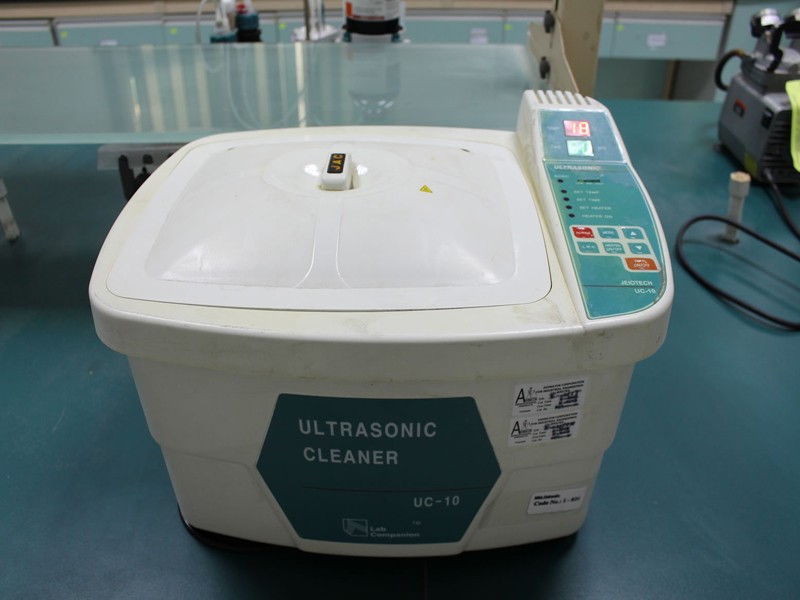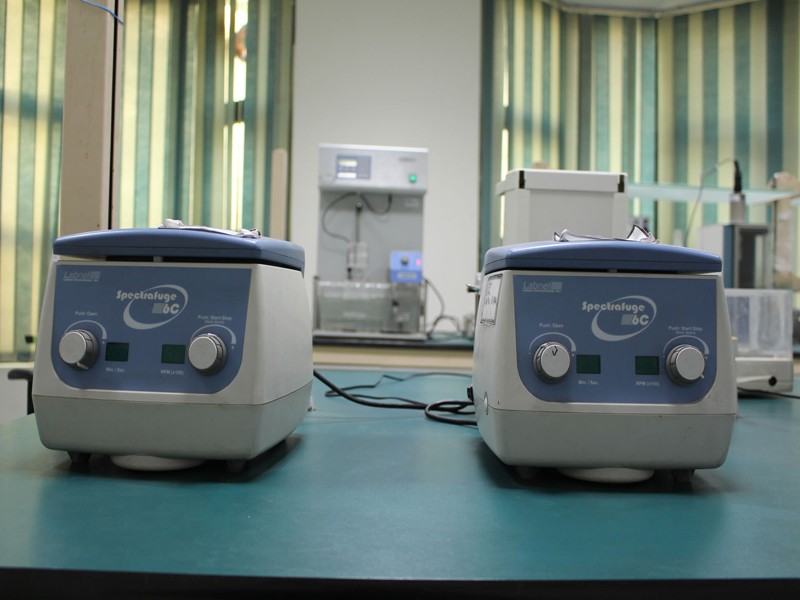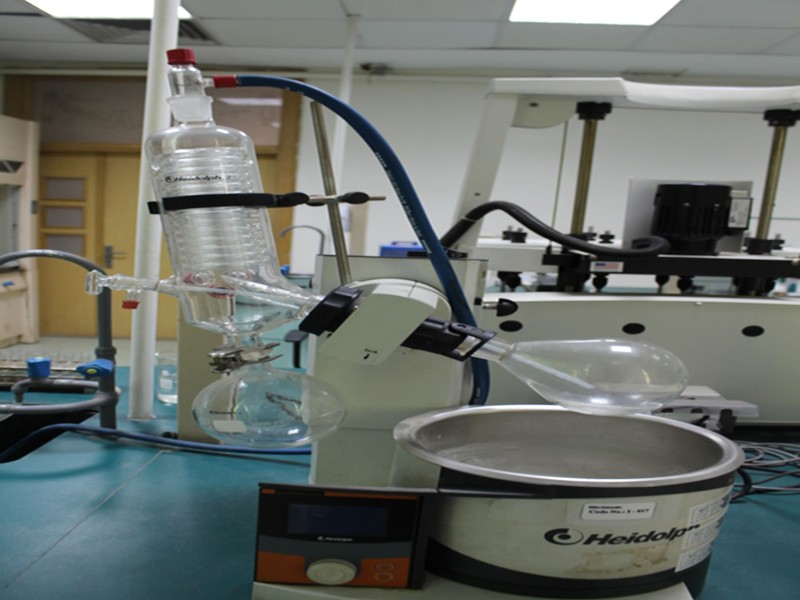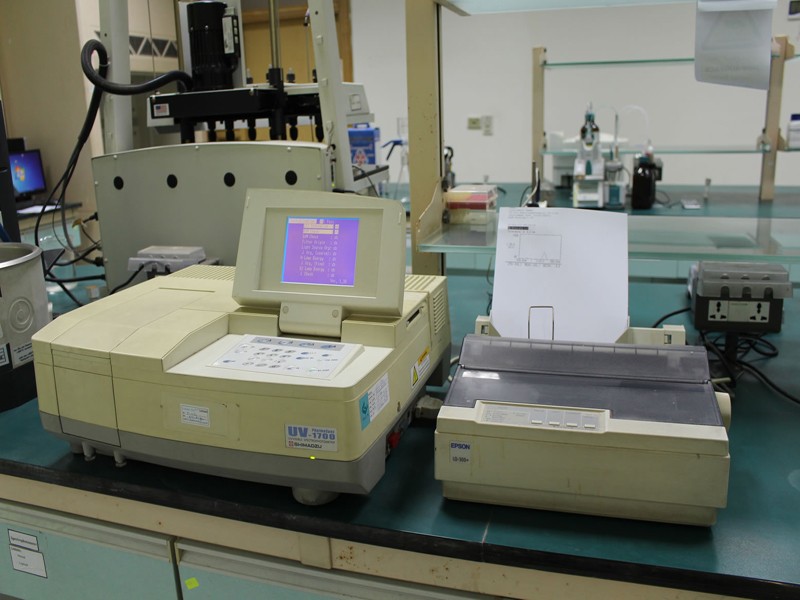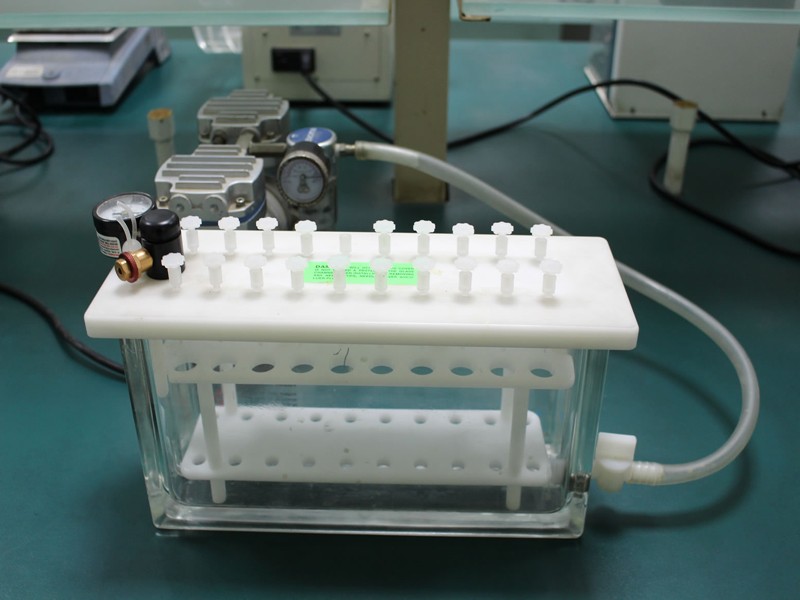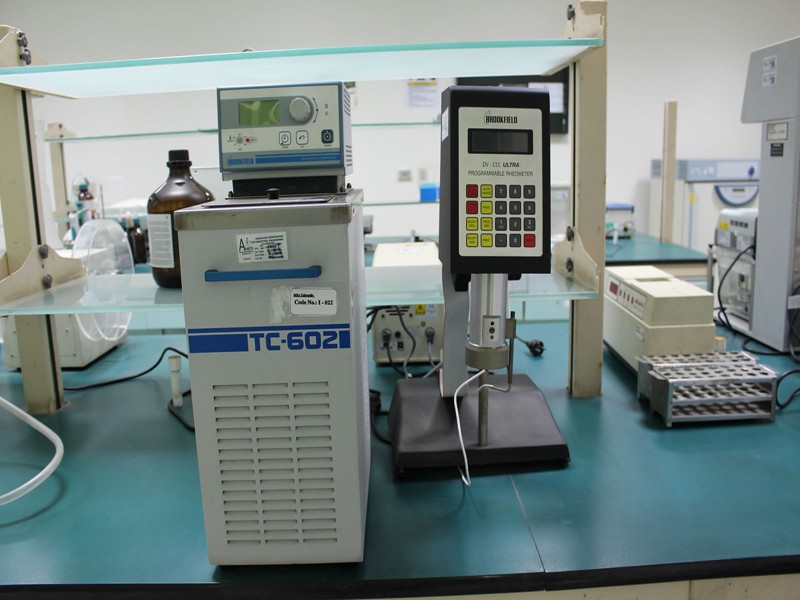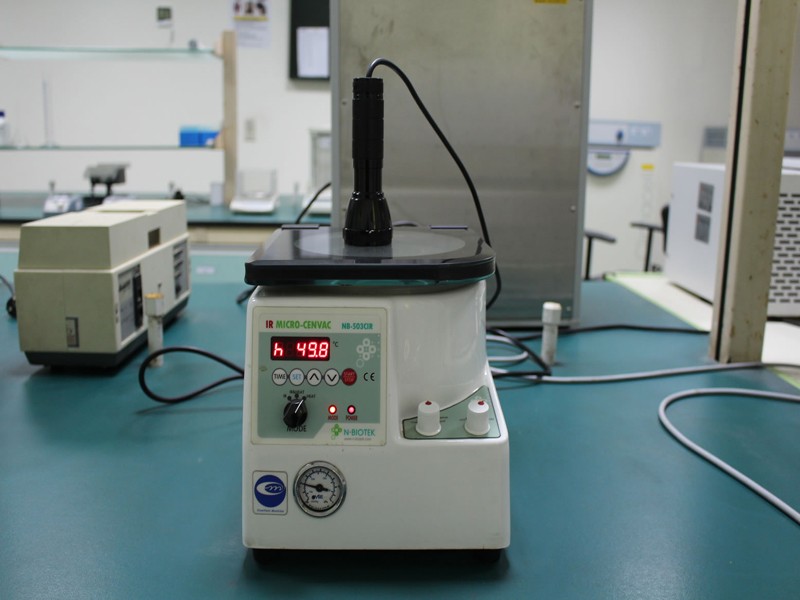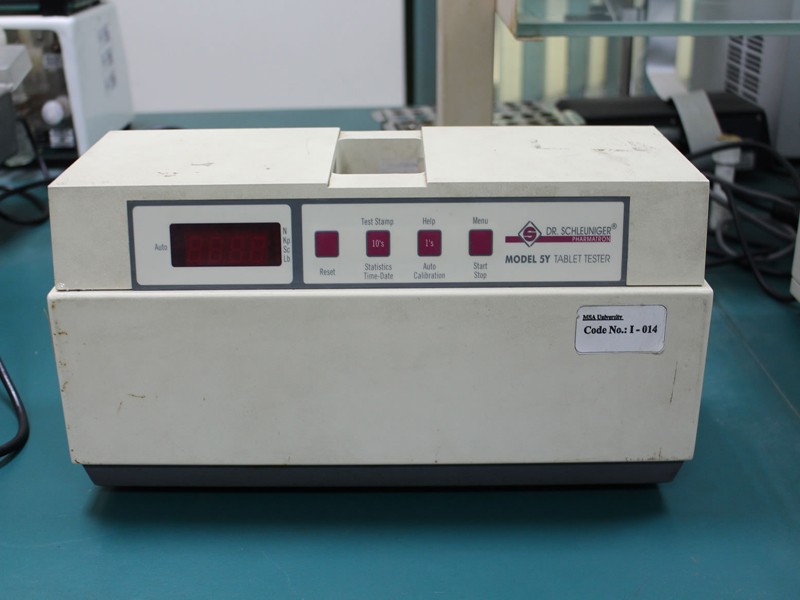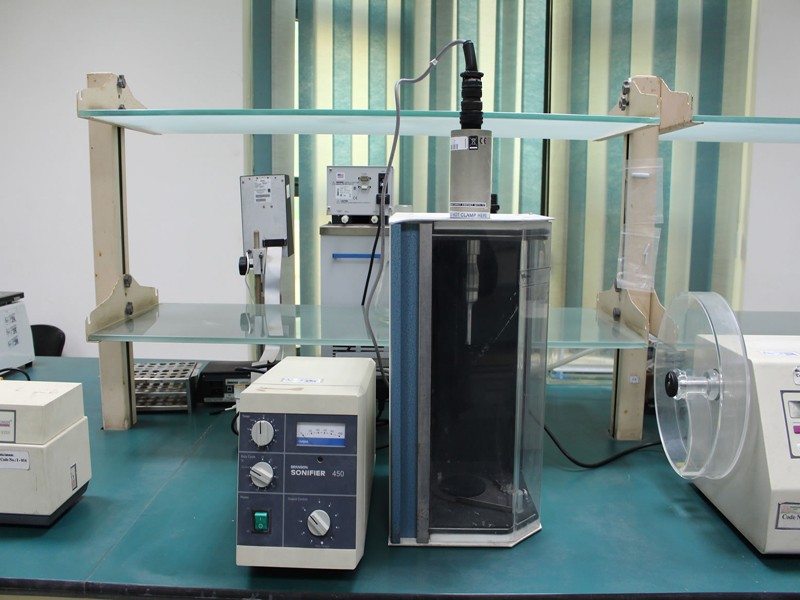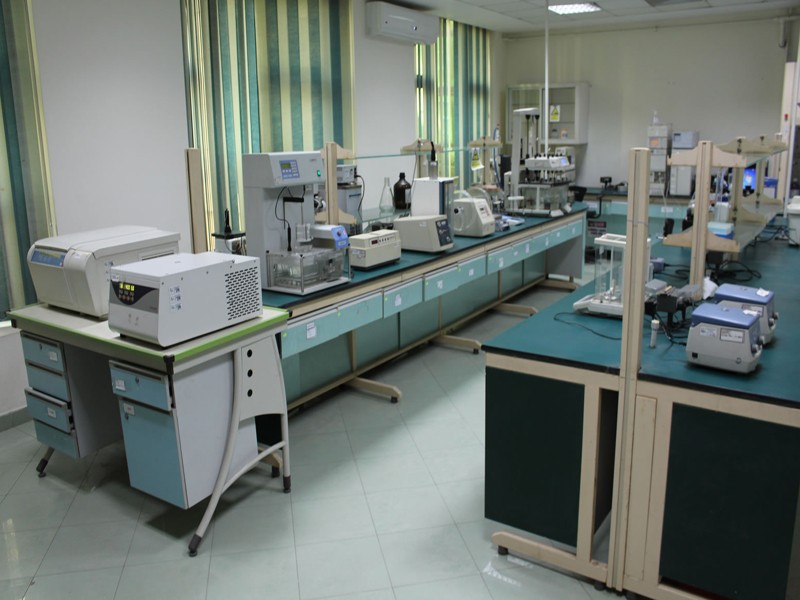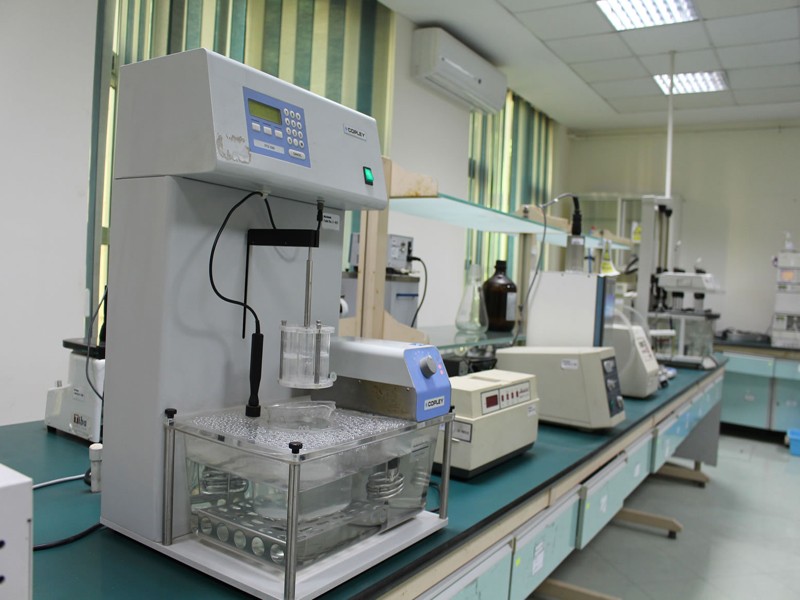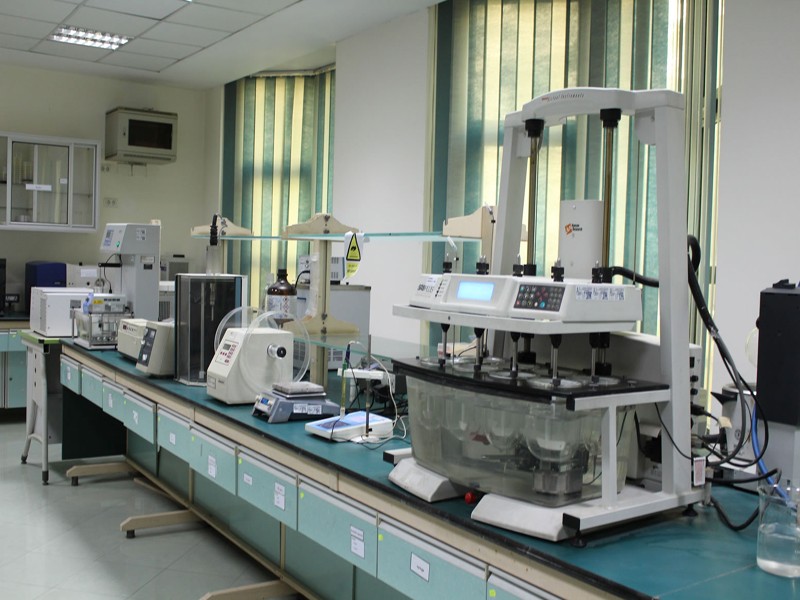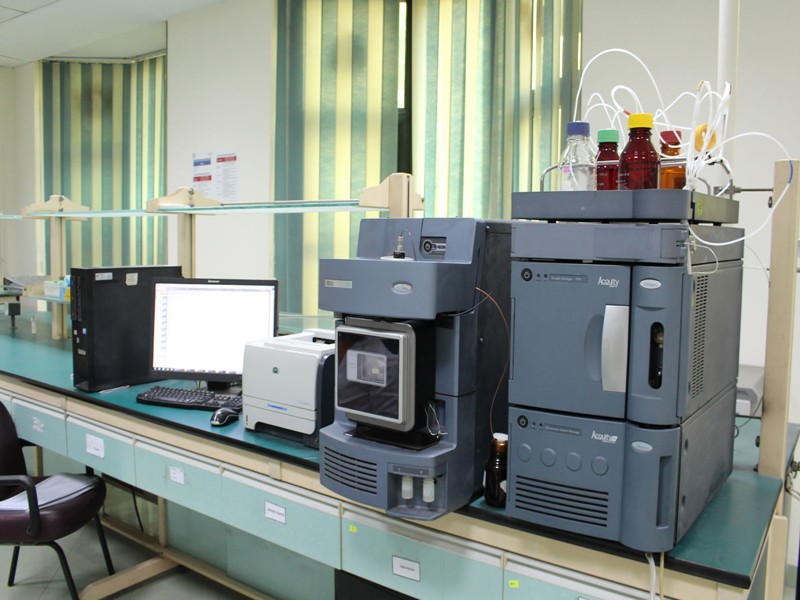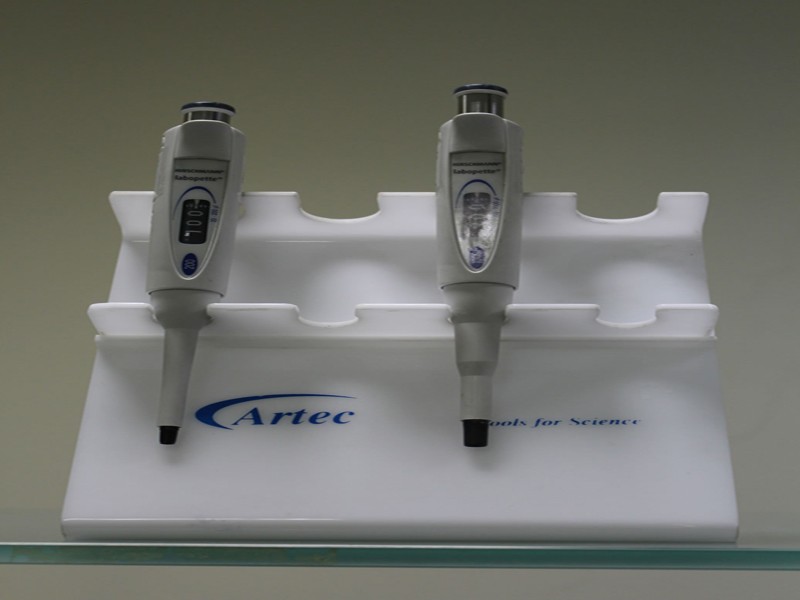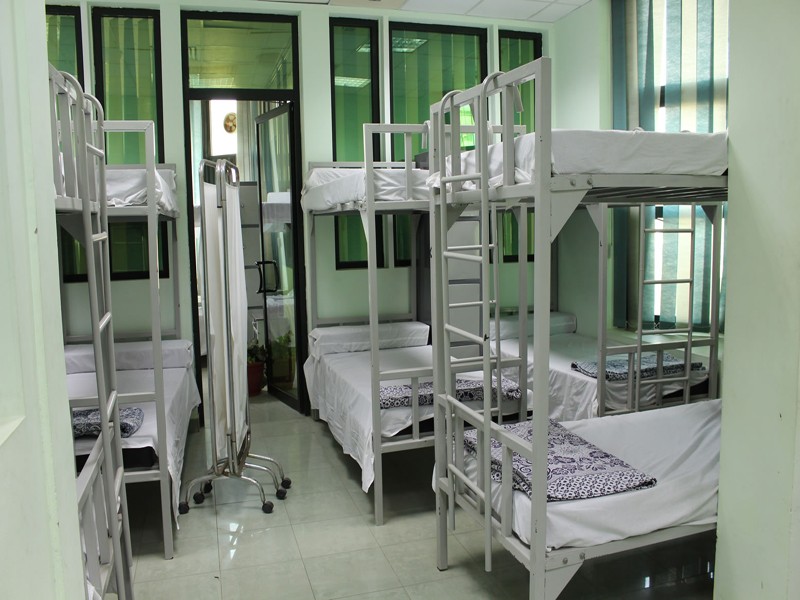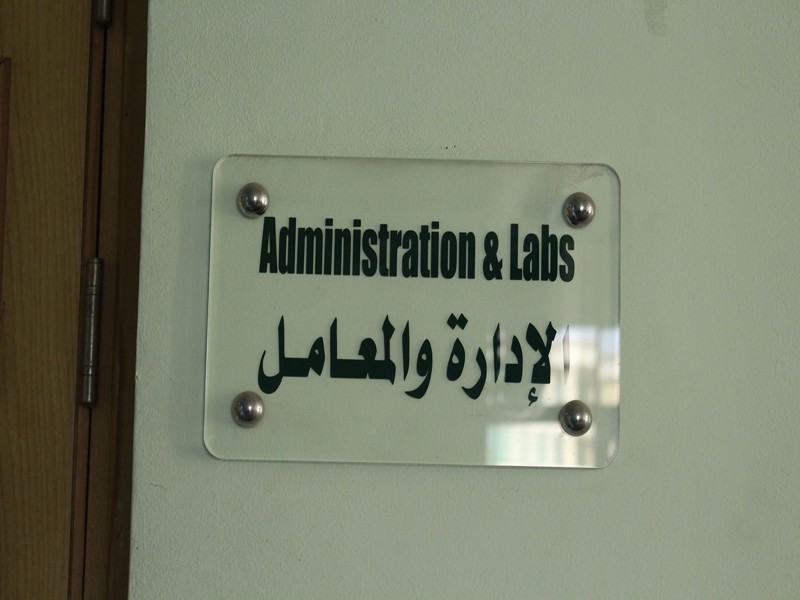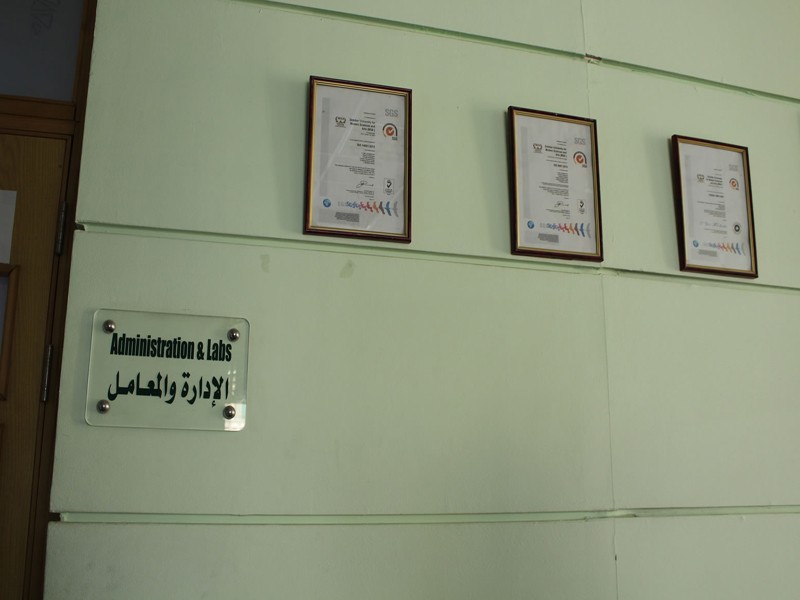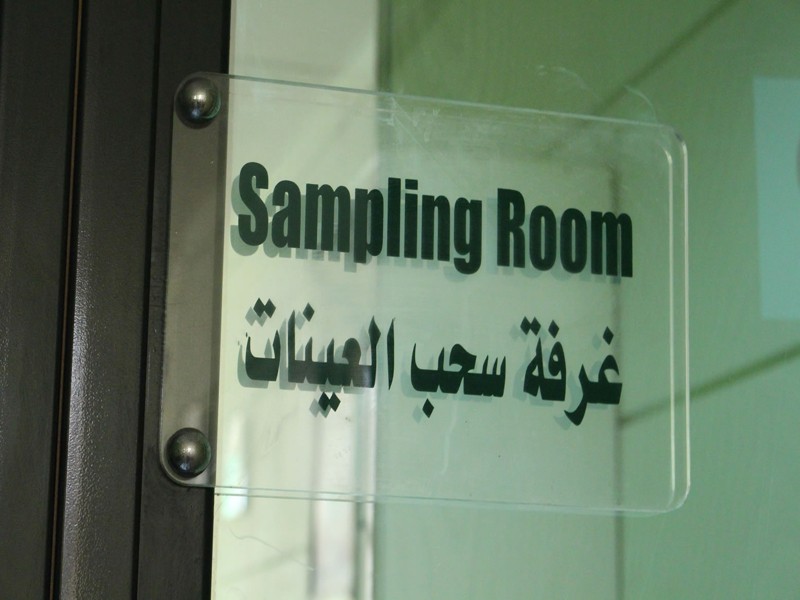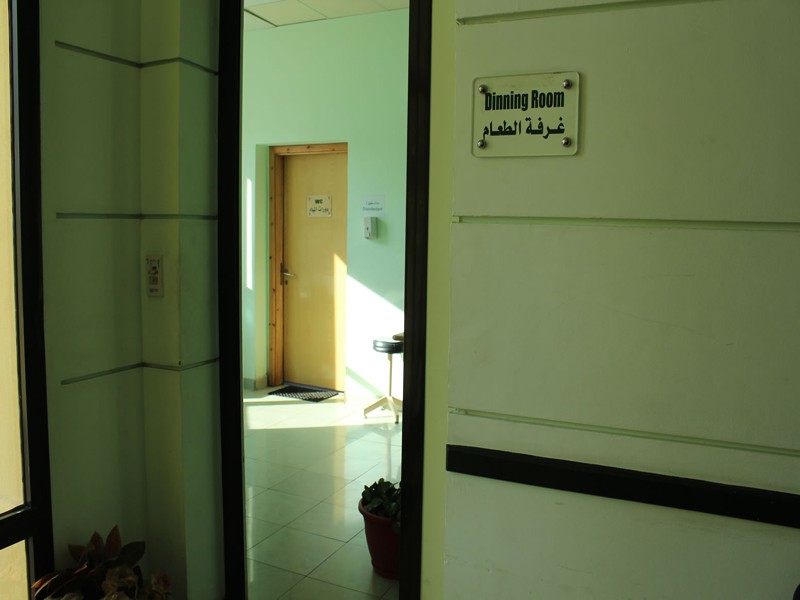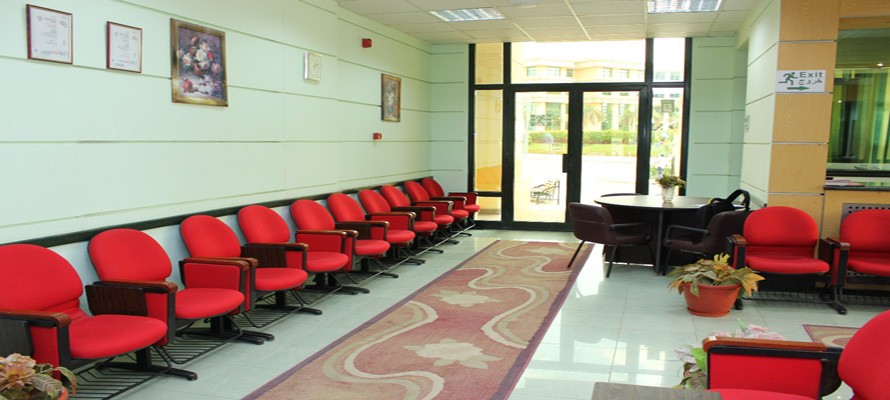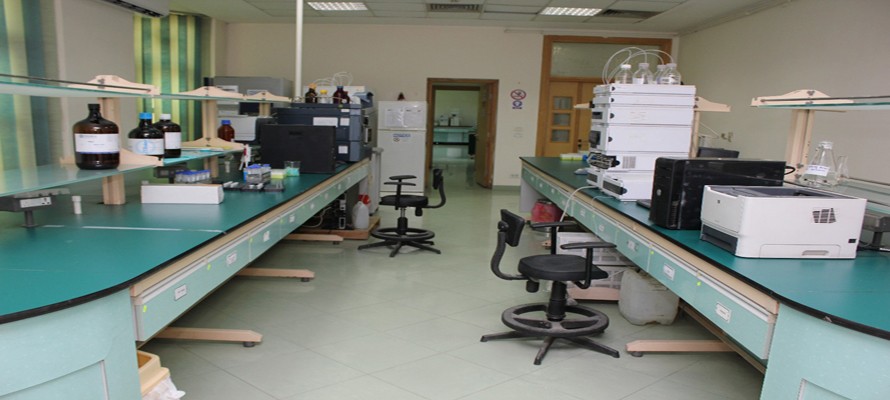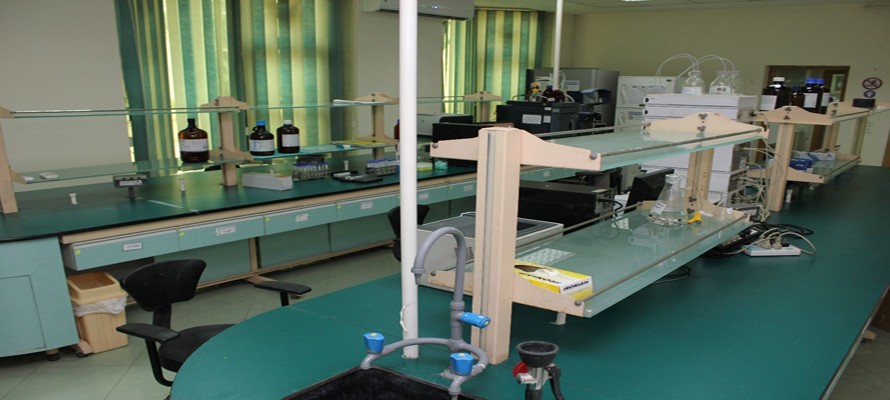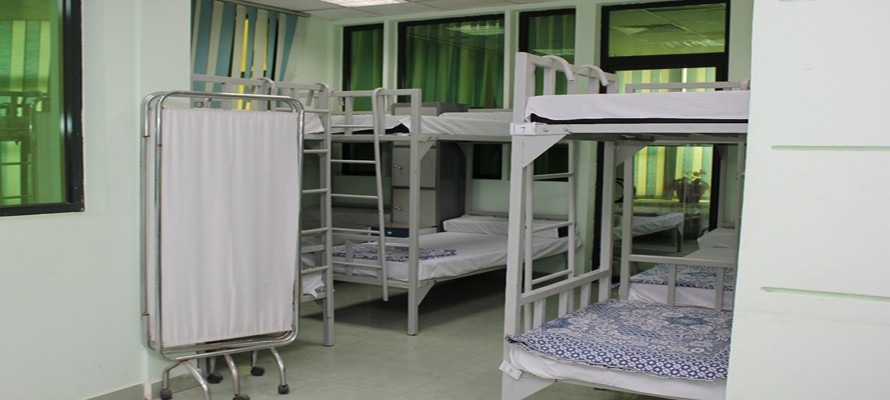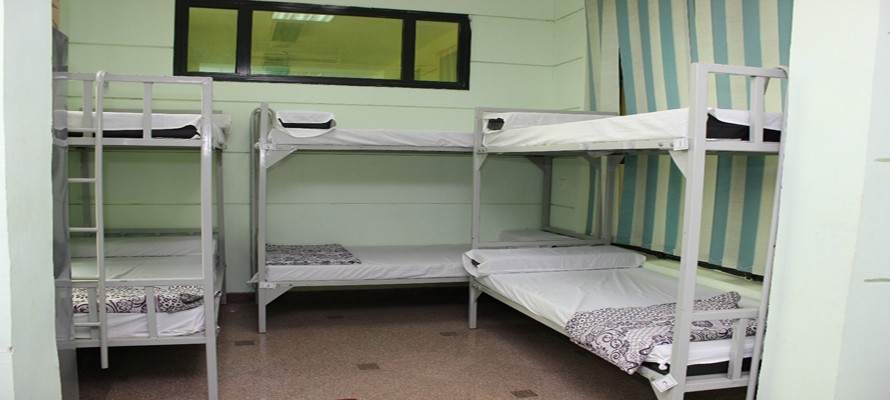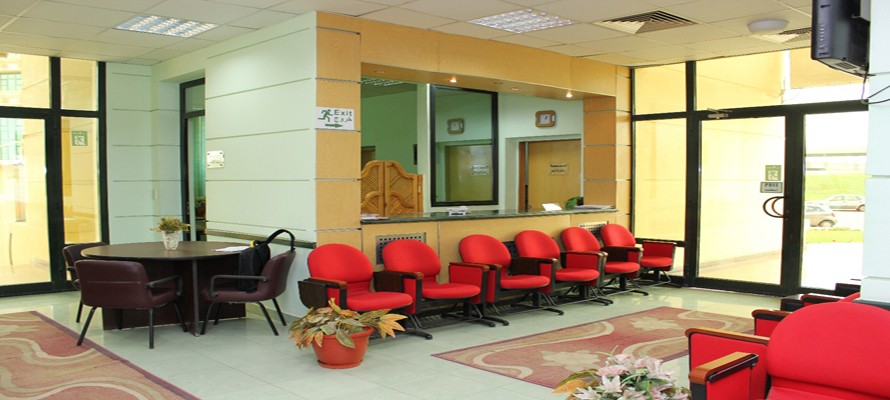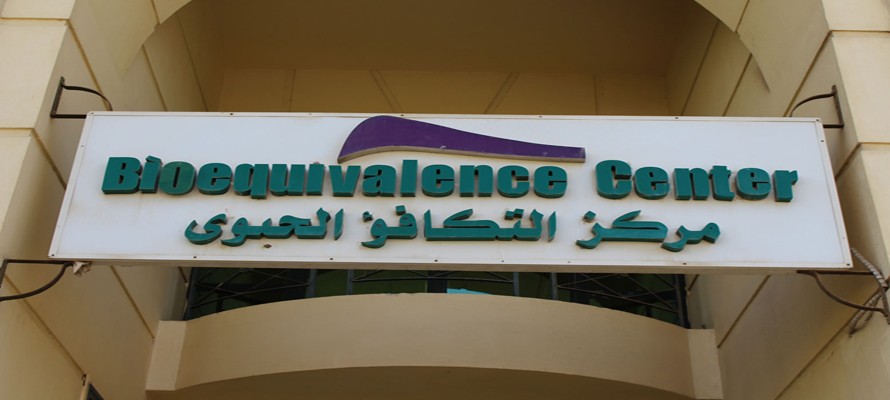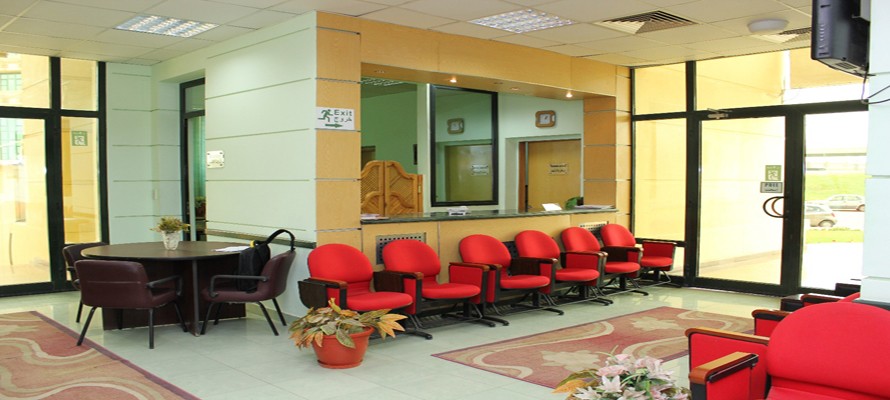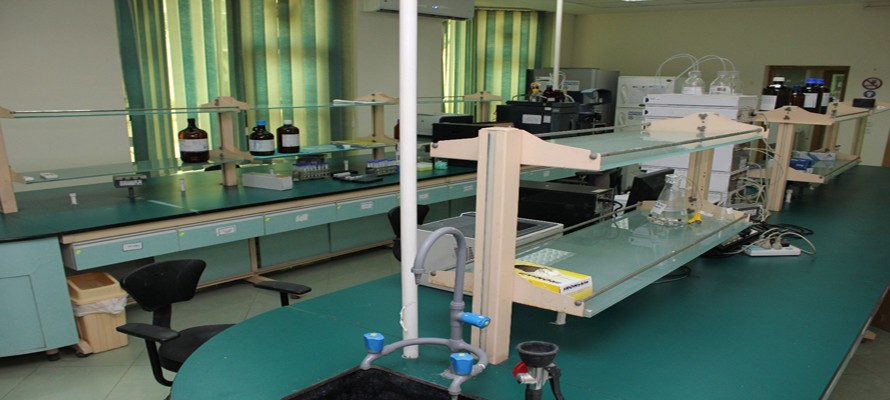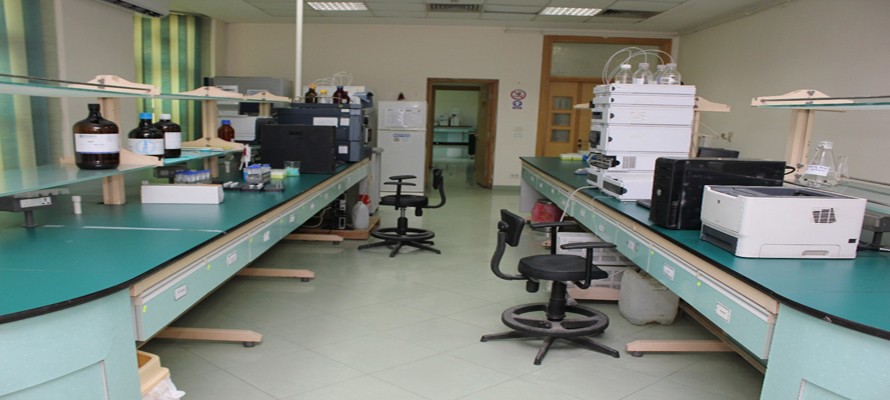Quality Assurance System
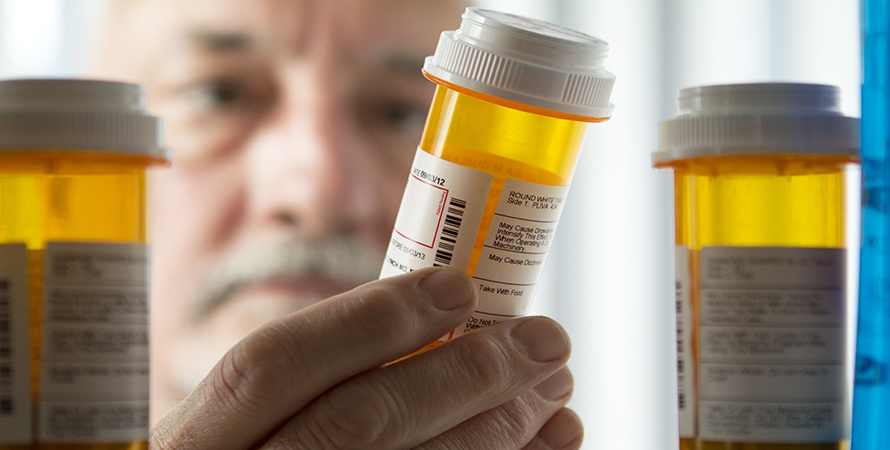
Quality Assurance System:
Quality Assurance Unit ensures that studies are performed in accordance with Good Laboratory Practice (GLP)-Good Clinical Practices (GCP) regulations and through in house procedures. Also, it is responsible for document controlling of study protocols, analysis plans, SOPs & policies; and ensuring the updated versions of these controlled documents are effective and in place or accessible to relevant staff.
QA unit is responsible for regular auditng which include:
• Study source documentation, procedures, and reports; and provides regulatory advice and support to the operational staff.
• Facility & system, to check adequacy & eligibility of resources and proper utilization of provisions.
Staff:
1. Center Manager: Dr.Muhamad Gamal Eldean Hassan.
2. Technical Manager:Dr.May Amin.
3. Quality Assurance Manager: Dr. Aya Badr.
4. Chief Analyst.
5. Analysts.
6. Physician.
7. Nurse.
List of Services
1. Bioanalytical Part:
Facilities:
a. LC-MC/MS systems. {(UP) LC-MS – Waters}
b. HPLC Systems:
- Agilent
- Shimadzu
i. UV detector.
ii. Flourscence detector.
c. Microbalance.
d. All study samples are stored in controlled freezers (-20°C and -70°C).
e. UPS (Uninterrupted Power Supply) and generator back-up.
- Services
i. Method Development.
ii. Method Validation.
iii. Bio-Waiver / Bioequivalence.
2. Data Management Part:
• Non-compartmental pharmacokinetic analysis using validated KineticaTM software.
• Assessments of Bioequivalence.
• Tabulation, graphical display, analysis and interpretation of study data.
• Study design and development of Protocol and Informed Consent Form (ICF).
• Designing of Case Report Form (CRF) as per protocol requirements.
• Preparation of Bioequivalence Report, Clinical Report, Analytical Report and Statistical Report.
• Sample Size Estimation and Randomization.
3. Clinical Part:
• Screening area for physical examination.
• Sample collection rooms.
• Complete examination of volunteers with close monitoring during two study phase for the expected AE/SE.
• Notify the drop-out volunteers with a copy from his analysis report, and follow them up.
• The BE Center contracted with El-Safwa Hospital for emergency cases.
• First Aid cupboard.
• Dining room.
• Storage freezers ( -70 and -20º C).
• Archives for secure document storage.
4. Quality Assurance System:
Quality Assurance Unit ensures that studies are performed in accordance with Good Laboratory Practice (GLP)-Good Clinical Practices (GCP) regulations and through in house procedures.
Also, it is responsible for document controlling of study protocols, analysis plans, SOPs & policies; and ensuring the updated versions of these controlled documents are effective and in place or accessible to relevant staff.
QA unit is responsible for regular auditng which include:
• Study source documentation, procedures, and reports; and provides regulatory advice and support to the operational staff.
• Facility & system, to check adequacy & eligibility of resources and proper utilization of provisions.
Bioequivalence Center Facilities
Bioequivalence Center Activities

1. Bioequivalence and Bio-weivar study:
- Bioequivalence is a term in pharmacokinetics used to assess the expected in vivo biological equivalence of two proprietary preparations of a drug. If two products are said to be bioequivalent it means that they would be expected to be, for all intents and purposes, the same. - A Biowaiver means that in vivo bioavailability and/or bioequivalence studies may be waived (not considered necessary for product approval). Instead of conducting expensive and time consuming in vivo studies, a dissolution test could be adopted as the surrogate basis for the decision as to whether the two pharmaceutical products are equivalent. - MSA bioequivalence center have all facilities and equipment required to undergo steps of Biowaiver and Bioequivalence study
2. Analytical Research:
- Research Service support and enhance the research, education, and public service missions of the University by providing access to characterization and process instrumentation. - Staff provides the assistance and guidance necessary so that students, faculty, and industry get the most effective and appropriate use of the center's facilities.
3. Fromualition:
Is the process in which different chemical substances, including the active drug, are combined to produce a final medicinal product.
Introduction to Bioequivalence Center
*Bioequivalence studies
- conducting a variety of BE study designs, including Cross-over, parallel, partial replicate, full replicate, fast and fed studies.
- An effective system for recruiting that ensures the application of the strictest eligibility rules and has a large database of fit volunteers chosen through a thorough screening procedure
- All research is carried out in accordance with the Egyptian Drug Authority (EDA) regulations, updated SOPs, good clinical practice (GCP), good laboratory practice (GLP), and protocols approved by the institutional review board (IRB).
- The Quality Assurance (QA) unit audits and validates each action.
- The MSA Bioequivalence Center employs the most recent advances in mass spectrometry (MS) and highperformance liquid chromatography (HPLC) to provide highly sensitive and selective drug and metabolite testing
*Biowaiver studies
MSA Bioequivalence center possesses a fully functional in vitro equipment for doing comparative dissolutions tests, investigations are carried out in compliance with the most recent international recommendations for biowaiver of bioequivalency studies, which are based either on dosage proportionality or the biopharmaceutical categorization system (BCS).
Inside MSA University Campus “26 July Mehwar Road intersection with Wahat Road, 6th October City. Egypt.”
Dr/Dina Karam
Center Manager
+0201129801960
Dr/ Aya Badr
Quality Assurance Manager
+0201112006907
Hotline : 16672
Mail us
This email address is being protected from spambots. You need JavaScript enabled to view it.
